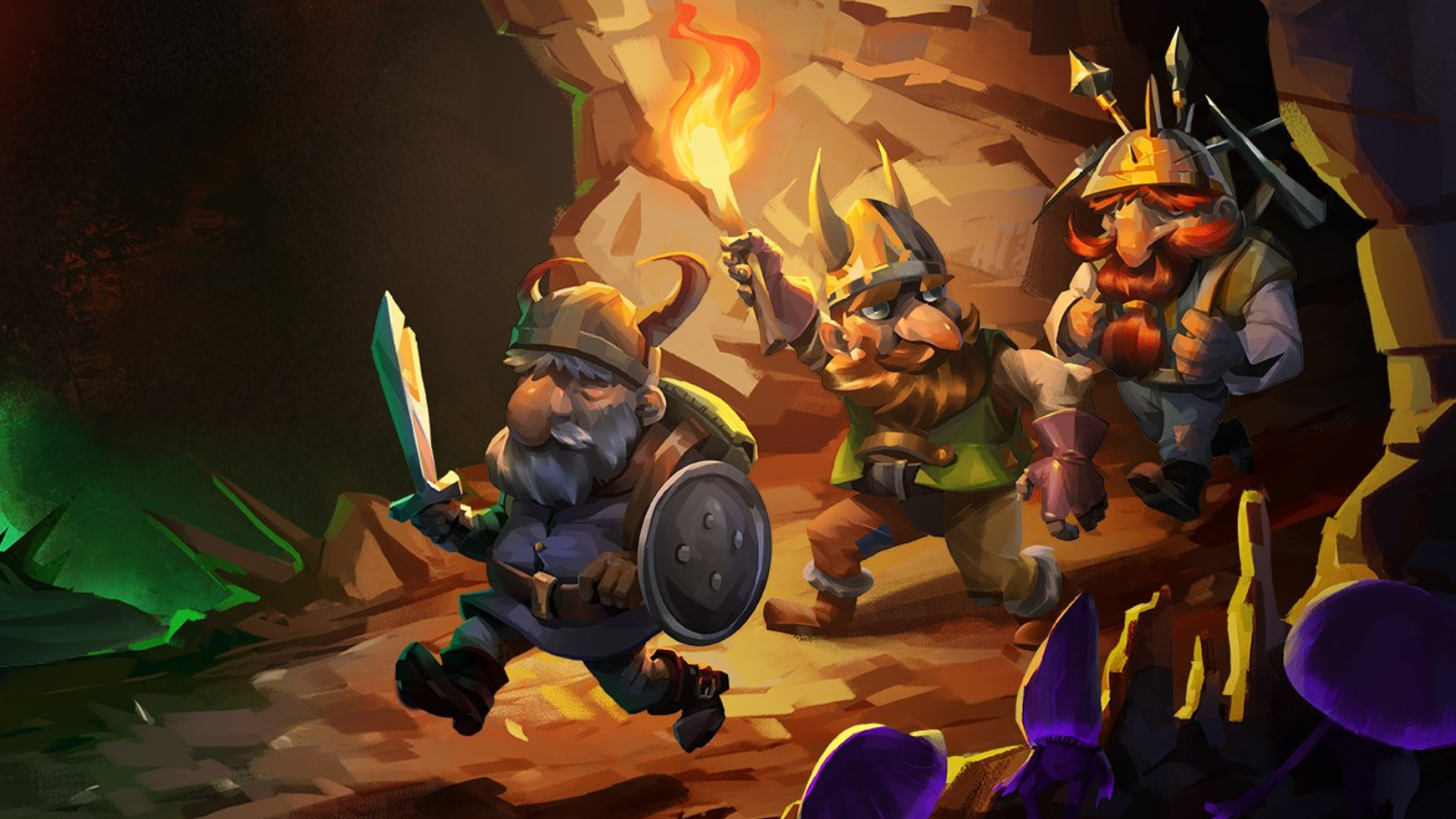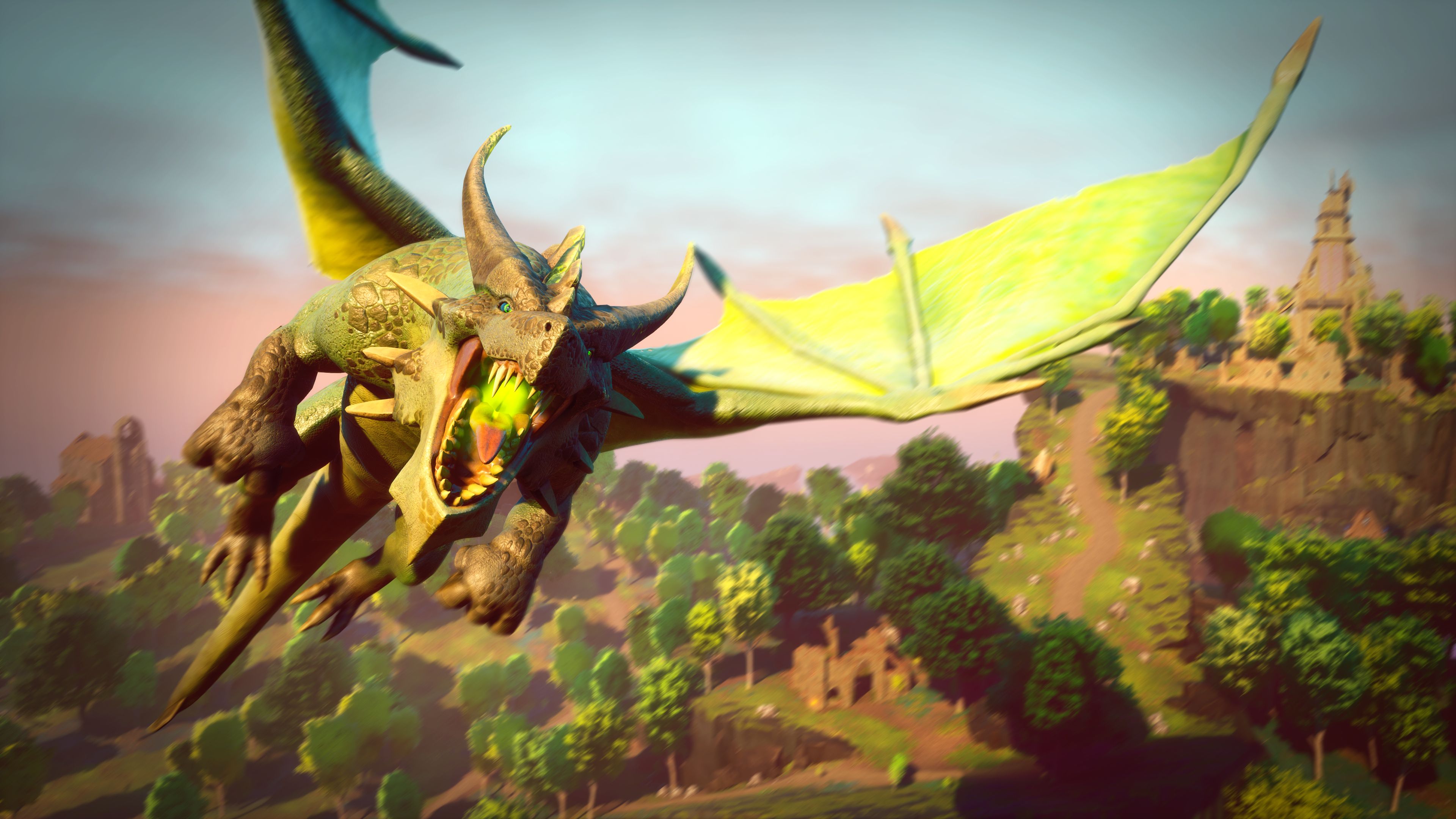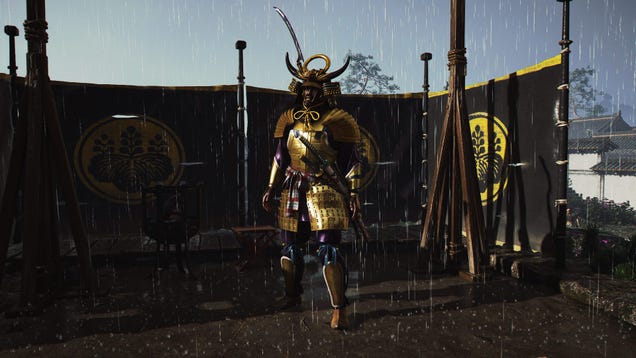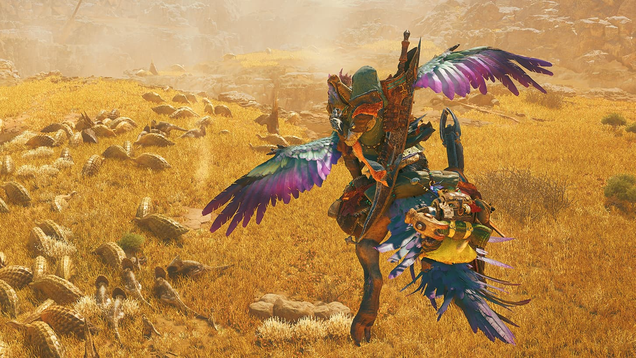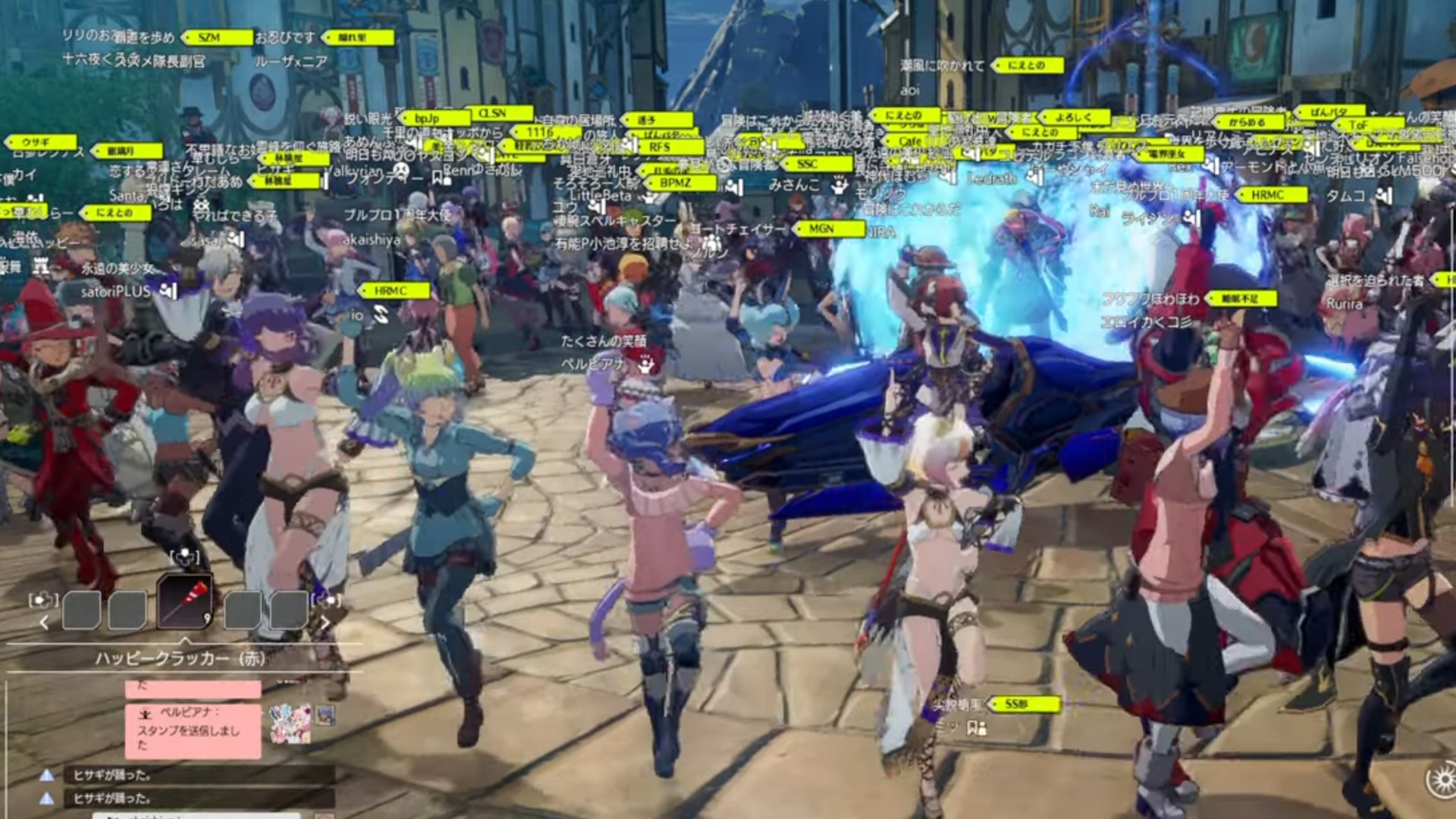
It's hard to envision our last days on the big blue marble, but I've already said goodbye to worlds aplenty.
I’m under no illusions that I’m some rugged survivalist or Will Smith’s character in I Am Legend. If I’m alive when our species stumbles its way into the end of days, my plan is to react poorly, grab a bite to eat, and die. But I’m confident I’ll die happy, because despite all the meaninglessness and suffering, I did get to play Wildstar before the servers went offline. And ToonTown. And Warhammer Online.
If there’s one thing our real world and the ones we construct for massively multiplayer online roleplay have in common, it’s that bittersweet transience we spend our whole lives reckoning with. People may say I wasted my time leveling a Granok engineer in Wildstar because he’s gone now, but to them I say: You’ll be gone one day, too. How’s that day job feel?
The difference is that plenty of MMO worlds have met with their end, while an earthly apocalypse is as of yet theoretical. Our behavior in MMOs isn’t exactly a reliable indicator of how we act in real life, but perhaps it can still teach us something about ourselves.
When thinking of the late Blue Protocol, for example, the end of the world doesn’t seem so grim. When the anime MMO was permanently sunset by Bandai Namco, people didn’t stop logging in or resign themselves to the forums; rather, they came out in droves to /dance the night away one last time.
If you’ve ever been around for the end of a live service game or even the end of a multiplayer beta test, you’ve probably seen how feverish and silly things get in the moments before the servers close. It’ll always suck to lose your favorite game, but it buoys my mood to know the end won’t be mirthless or hollow, but rather a collective scream (or dance) into the void affirming that we were here.
Another hypothesis is that an imminent and certain apocalypse would lead to violent anti-social behavior due to the difficulty of enforcing consequences after everyone’s dead, but a group of researchers who take this more seriously than I do didn’t find that to be the dominant behavior—in an MMO, at least.
The researchers used the end of an ArcheAge beta test to try and see how behavior changes when impermanence overrules consequence. The published-not-peer-reviewed study concluded, after analyzing some 270 million accounts’ worth of player data, that most people just keep doing as they’ve always done and “some outliers” seize the moment to engage in “anti-social player behavior,” like killing other players.
There’s a range of insights to glean from the study, with players socializing a bit more often as the ending nears and murderous tendencies spiking disproportionately among players who got bored and left before it was over, though it does study the final days of a timed test rather than a game’s natural lifespan. I’d be interested to know if these patterns are more intense when we’re talking about a game that may truly never come back. (And, of course, the connection between MMO player behavior and real world behavior is not certain at all.)
We’ve also seen somber moments at the end of MMOs, as players gather in-game to remember the good times and flood the chat with goodbyes. PC Gamer documented the end of Asheron’s Call back in 2017, which you can see in the video above.
All this is to say, I’m not ready for the end of the world. I’m not even ready for the end of World of Warcraft. But if I can expect any parallels between the real-world apocalypse and the one I met in Club Penguin, I should learn to dance now; it might be the only skill that does me any good at the end. I’ll have to find a mailbox to practice on.
Game shutdowns are more prevalent than ever these days, with the recent Star Wars Hunters and Seekers of Skyveil barely making it to market, so if MMO apocalypses are in fact useful settings for experiments, videogame sociologists probably won’t have to wait long for the next one.


